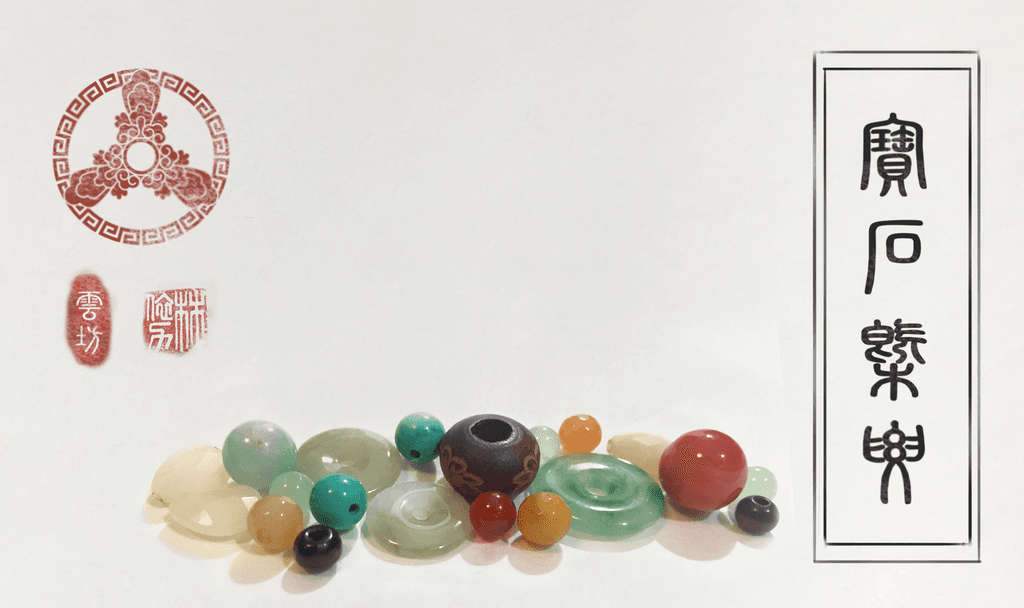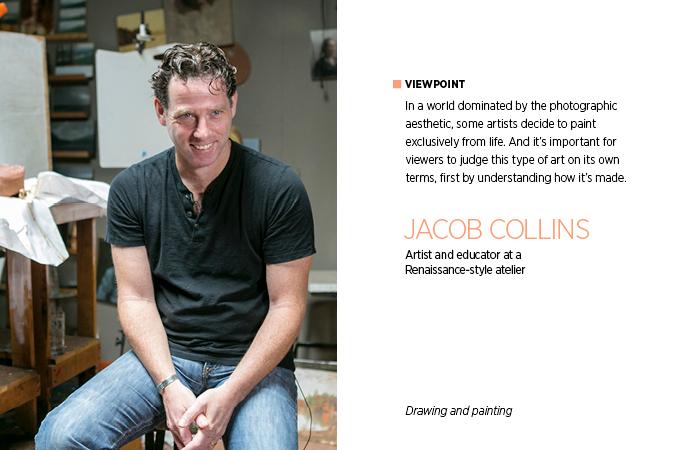Earth Day, April 22, is followed in quick succession by Fashion Revolution Day, April 24, which marks the anniversary of the Rana Plaza clothing factory collapse in Bangladesh.
That disaster killed upward of 800 garment workers in a few short moments. They, and all the others who work around the world in similar low-wage, high-risk conditions are widely considered victims of the garment industry’s race to the bottom.
Though people at the lower ends of the economic ladder are the most visibly affected, our entire culture has been victimized. Fast fashion has made blandly dressed, unhappy “consumers” of us all. The implicit expectation to shop our way to happiness is so pervasive that it’s become part of Western, and increasingly, global culture. But with quantity and frequency goes quality and meaning.
Dana Thomas wrote in her book “Deluxe: How Luxury Lost its Luster” that only 200 women wear haute couture today. They are the few who still have the opportunity to experience what it feels like to have a fine craftsperson design, drape, cut, and sew a dress just for them. The deep meaning of such a relationship is to embody the fact that our things should serve us, not the other way around.
What will happen to that world of working knowledge if designers decide, due to market pressure, that these 200 women are not worth serving anymore? Future generations may never have fine possessions again.





